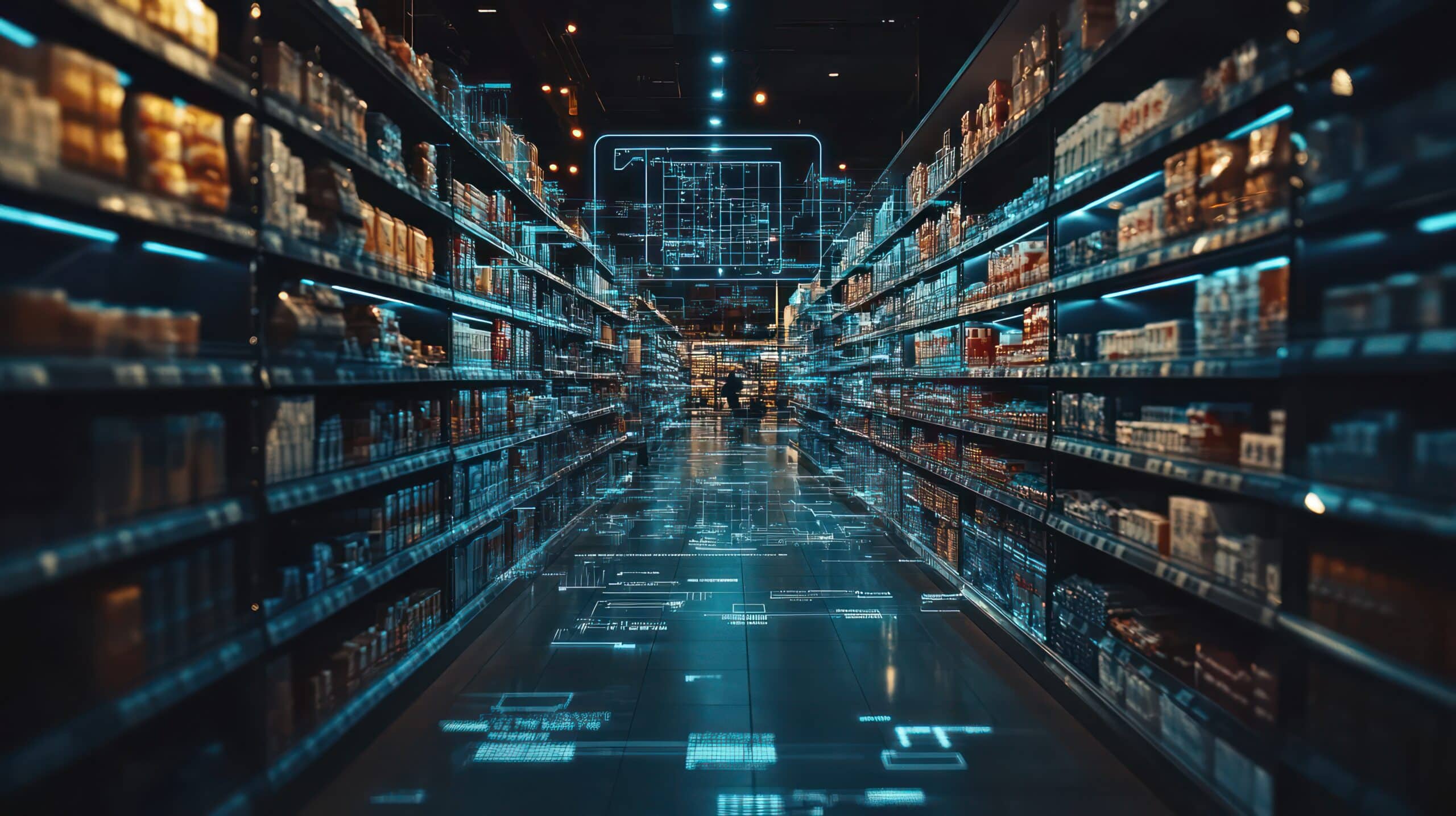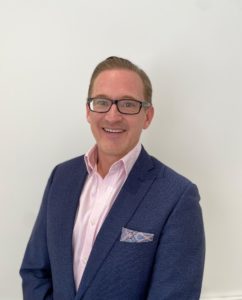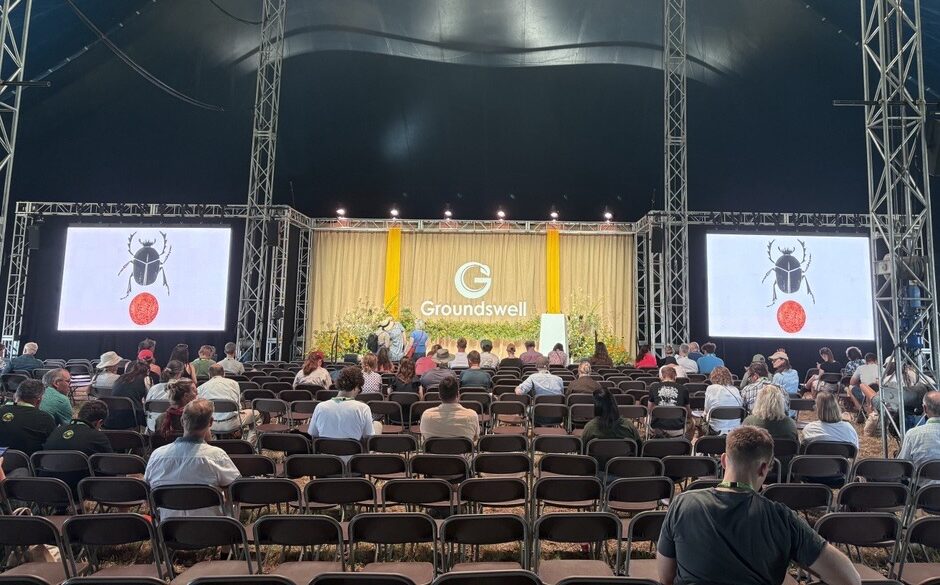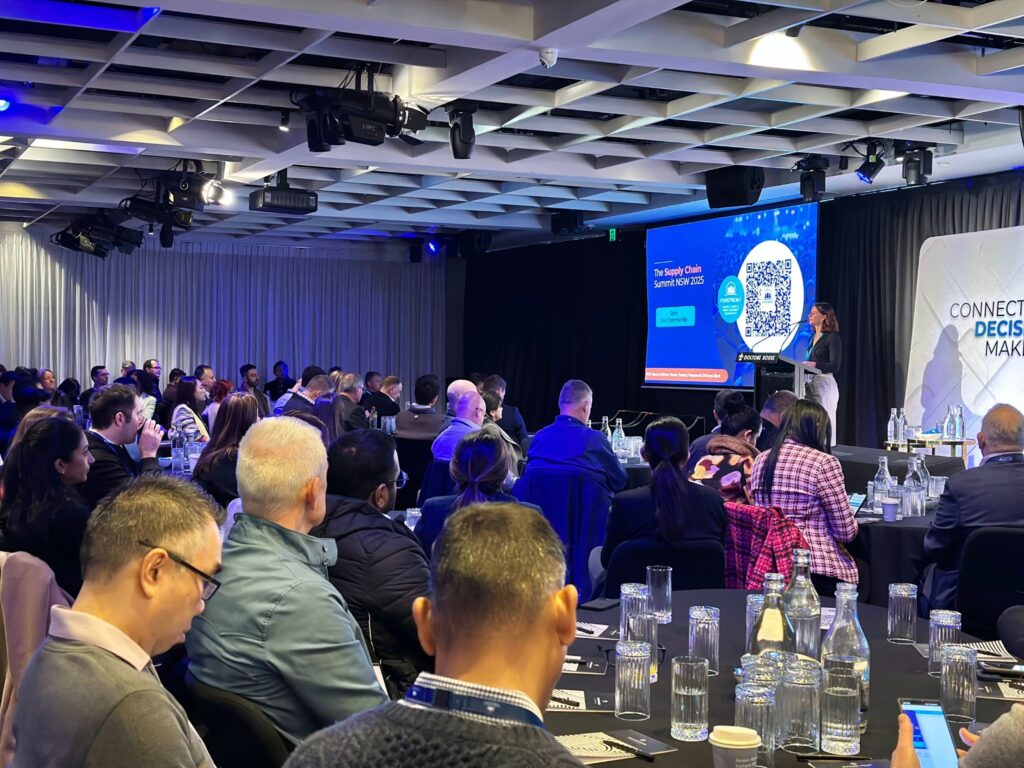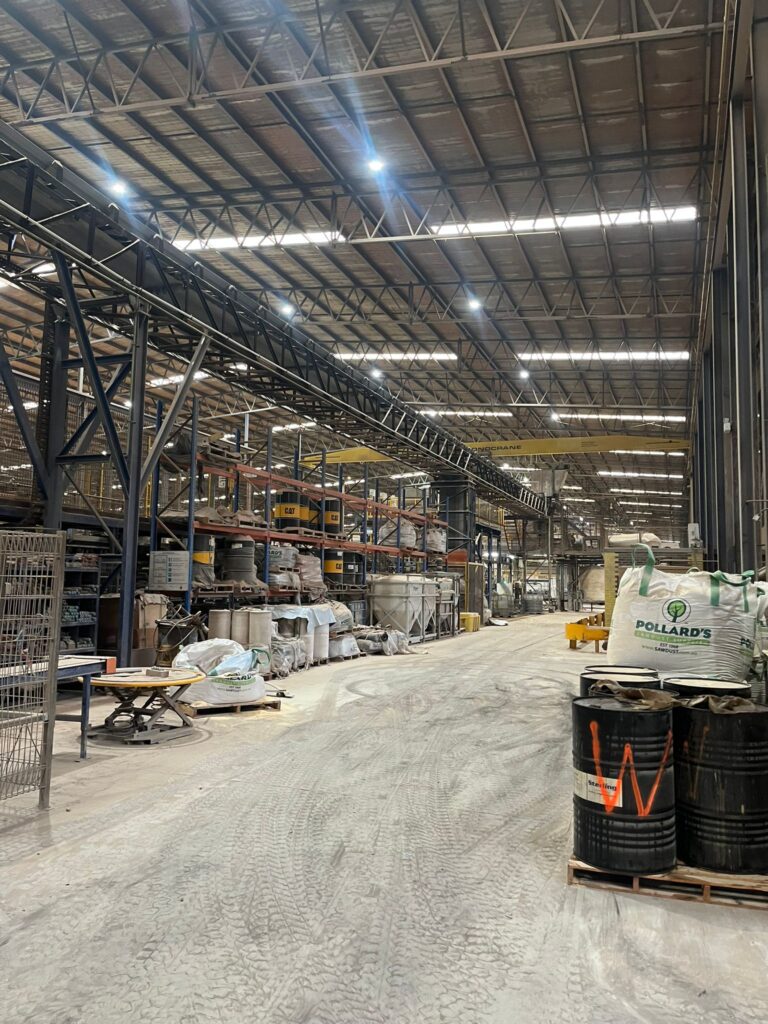Retailers today are navigating a complex landscape. With rising wage pressures, shifting consumer expectations, and the growing demands of omnichannel fulfilment, the traditional levers of improvement are no longer enough. What’s needed now is a step-change in how store operating models are designed, executed and sustained.
Interestingly, some of the most effective solutions aren’t new innovations; they’re simply proven approaches being applied in a new context. While retail and manufacturing may look different on the surface, the fundamentals of how they operate are remarkably similar: both rely on people, processes, infrastructure, systems, and performance management to succeed. That’s why the tools that have delivered real, sustained improvements in factories – like Lean, TPM, and Operational Excellence – are so relevant to retail. At Argon & Co, we’ve spent years helping manufacturers embed these methodologies, delivering tangible bottom-line results across Australia and New Zealand. Now, we’re bringing that same discipline to retail in partnership with Kaizen Institute, with equally compelling outcomes.
Reimagining Retail Through a Manufacturing Lens
Retail and manufacturing may operate in different worlds, but they share a common challenge: how to deliver consistent, high-quality outcomes at scale. In manufacturing, structured approaches to flow, waste elimination, and capability building have long been the foundation of performance. These same principles can be adapted to address retail’s most persistent issues:
- Labour efficiency: Optimising task productivity, sequencing, rostering, and team deployment.
- Product availability: Streamlining replenishment and shelf-filling processes.
- Customer experience: Freeing up time for service by reducing operational friction.
- Team engagement: Building the skills, confidence and involvement of frontline teams, making stores not just more productive, but more rewarding places to work.
James Lee, Leader of Argon’s Lean Retail Service Offering adds: “Having led the deployment of integrated Lean Six Sigma across the APAC regional supply chain at Mondelez, I witnessed first-hand how structured problem-solving and loss elimination can transform operational performance. What’s been equally rewarding in my ongoing work with Kmart is seeing just how transferable these lean principles are into retail operations, including stores. The fundamentals – building capability in teams to identify and solve problems at the root cause – not only drive measurable improvements in cost, service, and execution, but also unlock a more engaged, empowered frontline workforce. When teams see that their ideas lead to real change, morale lifts, accountability grows, and a culture of continuous improvement starts to take hold.”
Making Technical Tools Meaningful for Retail Leaders
One of the biggest barriers to transformation is language. Retail leaders don’t think in terms of “TPM pillars” or “OEE losses”, they think in terms of sales, availability, shrinkage, service, and team performance. That’s why we focus on translating proven tools into retail-relevant narratives:
- Flow becomes a way to improve daily rhythm and reduce bottlenecks, allowing a reduced time from the truck to the shelf
- 5S becomes a method for reclaiming space and improving back-of-house efficiency.
- Visual management becomes a tool for empowering store leaders and frontline teams.
- Daily management systems become structured routines that help leaders stay close to the floor, drive accountability, and maintain focus on what matters most each day.
- Waste and value-add thinking becomes a lens for helping teams prioritise effort and eliminate unnecessary work.
- Problem solving becomes a practical method for engaging teams in identifying root causes and fixing recurring issues, not just symptoms.
By reframing these tools in the language of retail, we help leaders see how they can be applied and why they matter.
Capability Before Complexity
Sustainable transformation isn’t about installing new systems or launching one-off initiatives. It’s about building the capability of your operations teams to improve every day. That’s why we work shoulder-to-shoulder with store teams and area managers, coaching leaders on the floor and deeply embedding new ways of working.
Diogo Felisberto, Director at Kaizen Institute comments: “Any successful transformation starts with a burning platform set from the top. The challenge, however, is that leaders often struggle to bring their middle managers along on that journey. That’s why we always begin with what we call “Learning to See” workshops — immersive sessions where Store Leaders (State, Area, and Store Managers) observe their own operations with their “waste goggles” on. This experience is often a turning point. What was previously accepted as “business as usual” starts to be recognised as opportunity. Once they see the waste, they can’t unsee it — and that’s when belief begins to take root. This is how we start building the energy and conviction needed for a successful transformation.”
In one previous store optimisation engagement, a major retailer overhauled its store operating model. Starting with a single pilot, key processes were redesigned – replenishment, checkout, presentation, and service – and the new model was scaled across more than 200 stores in just over a year. The result was a measurable uplift in productivity, availability, and team engagement, including a 15% reduction in remuneration as a percentage of sales, a 20% improvement in On-Shelf Availability, and a 17% uplift in DIFOT for online fulfilment from stores.
Why Cross-Industry Thinking Works
Retail doesn’t need to reinvent the wheel. The tools that have transformed manufacturing, when adapted thoughtfully, can unlock similar gains in stores. That’s where Argon & Co brings a unique advantage. Our heritage in manufacturing transformation gives us a deep understanding of how to drive change at scale, align operations with strategy, build lasting capability, and make transformation stick.
Through our partnership with the Kaizen Institute, we’ve deepened that capability even further, extending it all the way to the retail shop floor. Kaizen brings decades of experience in coaching frontline teams, embedding daily routines, and fostering a people-first approach to continuous improvement. Together, we combine strategic insight with hands-on operational coaching and ensure that change is not only delivered but sustained.
Ready to Lead the Shift?
If you’re a retail executive looking to reduce costs, improve availability, and elevate the customer experience, it’s time to look beyond traditional retail playbooks.
At Argon & Co, we help retailers apply the discipline of manufacturing to the complexity of modern retail. Let’s talk about how we can help you lead the shift, from factory floor to shop floor: [email protected]
